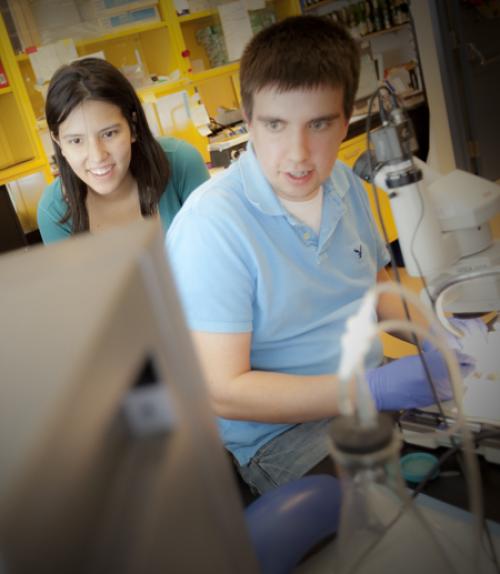Katherine D. Kinzler, associate professor of psychology, joins with colleague Kristin Shutts in this Nature piece to share ideas for healthy teamwork in a lab.
"In our experience, as student collaborators ourselves and then as PIs, some of the best science — and the impetus for growth in junior researchers’ careers — comes from collaborative efforts between graduate students and/or postdocs," they write. "As PIs, we work to set the tone for joint science to flourish in our labs."
"We began our own collaboration as PhD students in the same lab at Harvard University in Cambridge, Massachusetts. Working together has produced positive outcomes for both of us — from developing more-advanced records for the job market (then) to receiving a multi-year federal grant from the US National Institutes of Health that we jointly administer (now). Most importantly, we’ve come to believe that the ideas we generate as a two-person team are better than what either of us would produce alone, and that the scientific process is more fun to conduct together."




